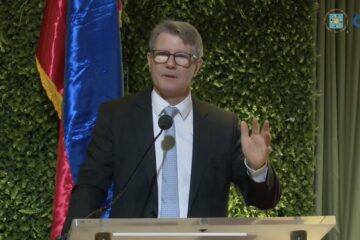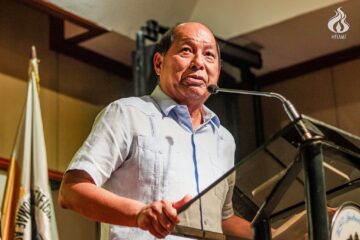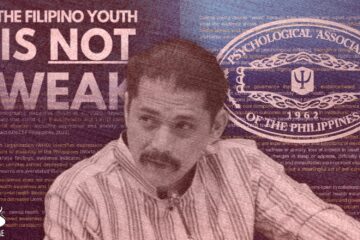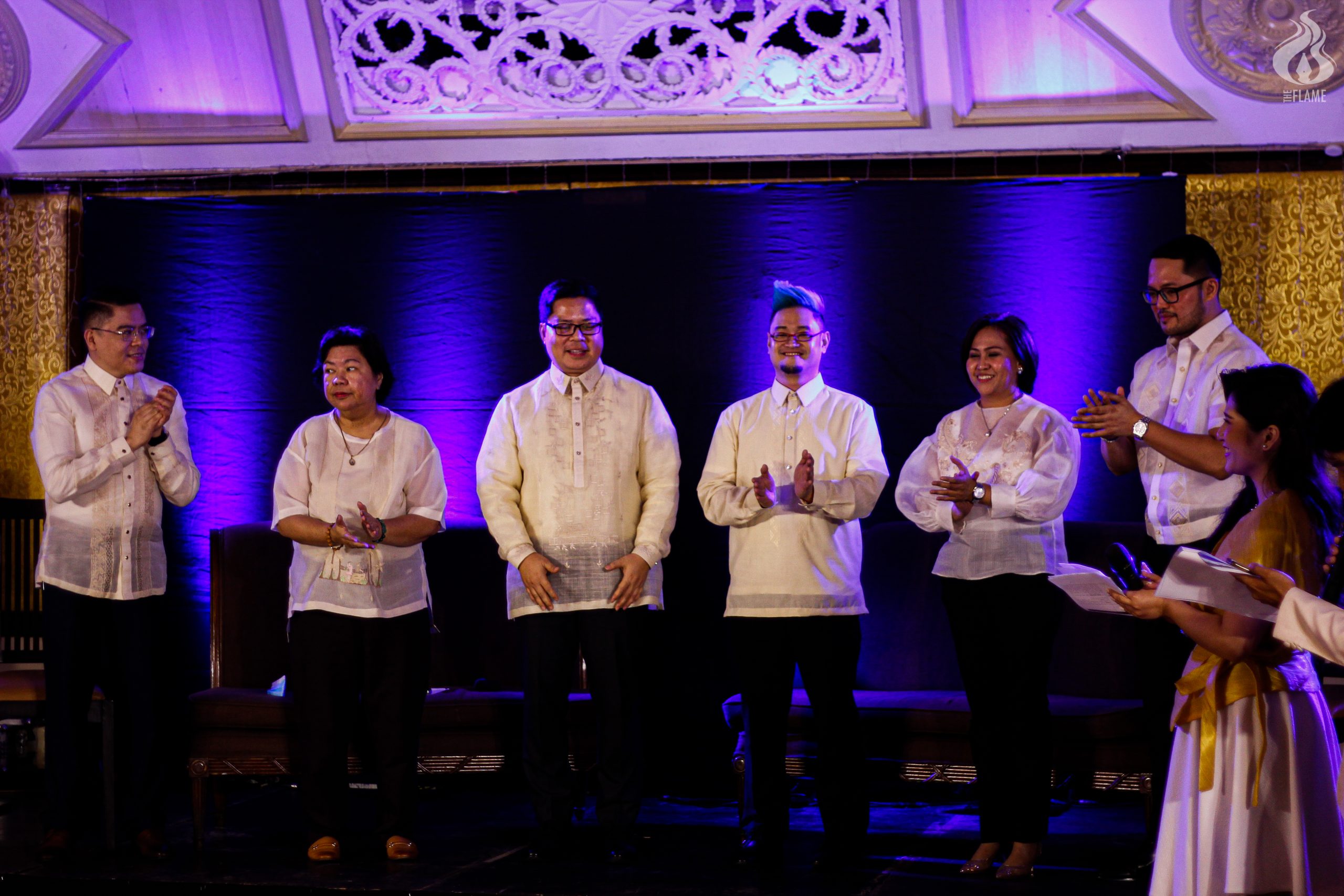
ALUMNI OF the Faculty of Arts and Letters (AB) and of the defunct Faculty of Philosophy and Letters have encouraged Artlets to prioritize building their character, not just their academic standing, to succeed in their professional journey after graduation.
During the panel discussion in the AB Alumni Association’s 127th founding anniversary and homecoming last March 18, Migrant Workers Secretary and communication arts alumna Susan “Toots” Ople described Artlets as “profound thinkers” who value character and humility in facing challenges.
“Character matters, so for current (AB) students who are here, of course, you always aim to get the best grades, but day-to-day battle is really building your character,” Ople said.
Character-building would also be useful in strengthening relationships with colleagues, especially in government services, economics alumna and senior state solicitor Samantha Camitan said.
“What mattered when I was in AB was your character, what you can put forward, the promises you vowed to uphold […] We are always willing to serve, and we are mindful of others’ welfare,” Camitan said.
RCBC executive vice president and chief innovation and inclusion officer Lito Villanueva shared the view, saying Artlets have been “woke” before the term was colloquialized.
“That is the difference, the edge of Artlets or AB graduates which make us stand out over the others,” the political science alumnus said.
UST Philets and Artlets Alumni Association president Dean Henry Tenedero said emotional intelligence and the capacity to innovate strategies would equip students in the “real world of works.”
“Your grades will not define you. [Rather], it’s your character as a human person. The way you use your intelligence to inspire…should be internalized,” Tenedero told The Flame.
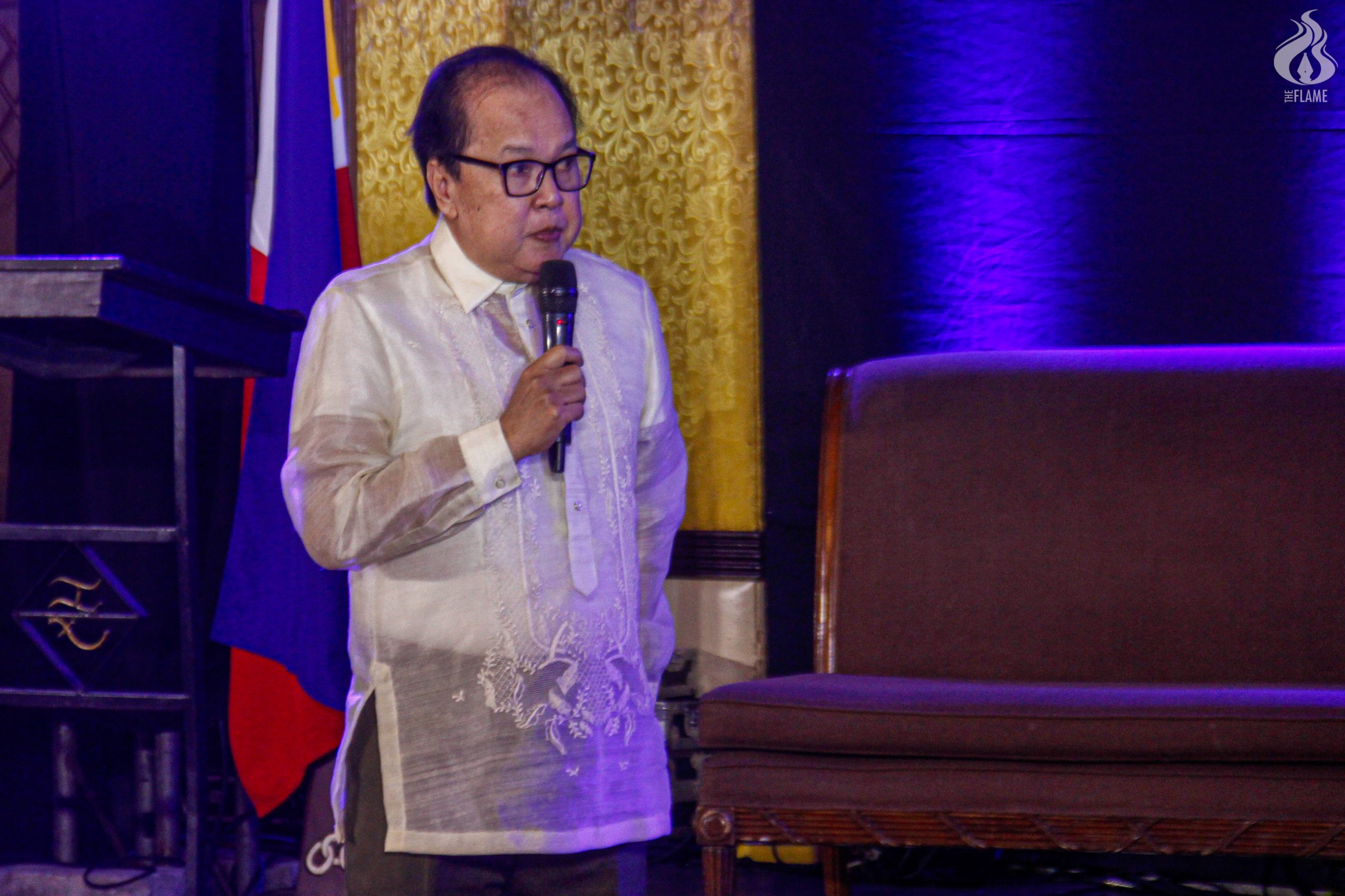
Artlet identity in the workplace
Radio personality and entertainment news columnist Jeffrey “Mr. Fu” Espiritu said the character of Thomasians has established UST’s reputation in the media and other industries.
“Every AB graduate is capable of blending into whatever industry they enter because they live by their core values as a Thomasian [and as an] AB graduate… which is why they can be successful in the career they pursue,” the communication arts alumnus said.
Despite having “good” qualities as an AB graduate, Transportation Undersecretary Reinier Yebra said the University taught him to appreciate being an “underdog” and that graduating from the faculty improved his “grit” and resilience.
“After UST, I feel that I improved myself which I still put into practice now based on what I learned from AB […] Before you know it, you have accomplished a lot and helped many people,” he said.
Reunited
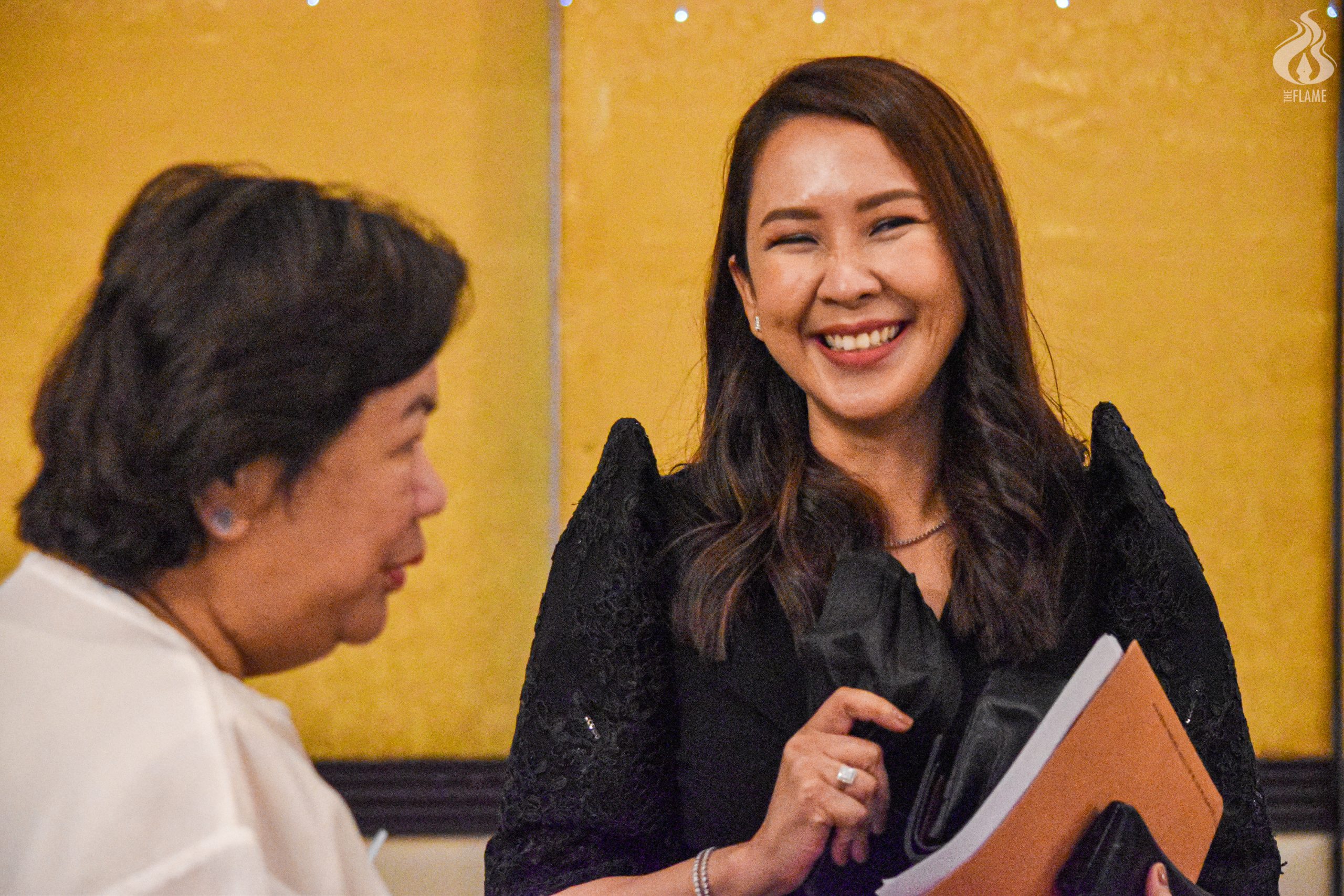
The grand alumni homecoming was attended by batches from the 1960s to present, allowing the current and past generations of Artlets to meet face-to-face and interact in one room.
Because of the pandemic that prevented the holding of in-person events in the past three years,
AB Dean Jacqueline Lopez-Kaw thought that organizing an event for a large number of people in one place was “unthinkable.”
“I’m proud to bear witness to how the University of Santo Tomas and the Faculty of Arts and Letters survived this ordeal in a manner that made us ‘stronger together,’ a fitting theme after the past few years of struggle,” Kaw said during her welcoming remarks.
University rector and AB alumnus Rev. Fr. Richard Ang, O.P, said the gathering was a testament to the faculty’s “solidarity and commitment.”
“Together, we’ve shared so many good times and some tough ones too. We have 127 reasons to celebrate, 127 reasons to be thankful, and 127 years of priceless history and memories,” Ang said.
The homecoming, which carried the theme “The Splendor of Philets and Artlets: 127 Years of Grandeur and Glory,” was held at the Club Filipino in Greenhills, San Juan City. Around 250 Artlets attended the homecoming, according to Artlet Student Council external vice president and AB Alumni liaison officer Ierathel Tabuno. The event was organized by the UST Philets and Artlets Alumni Association in partnership with the UST Alumni Association and the Artlets Student Council.
The Faculty of Arts and Letters was established in 1896 as Facultad de Filosofia y Letras. It was renamed as the College of Liberal Arts in 1926 but was dissolved into the Faculty of Philosophy and Letters the following year. It later merged with the College of Liberal Arts iand was given its present name in 1964. F

